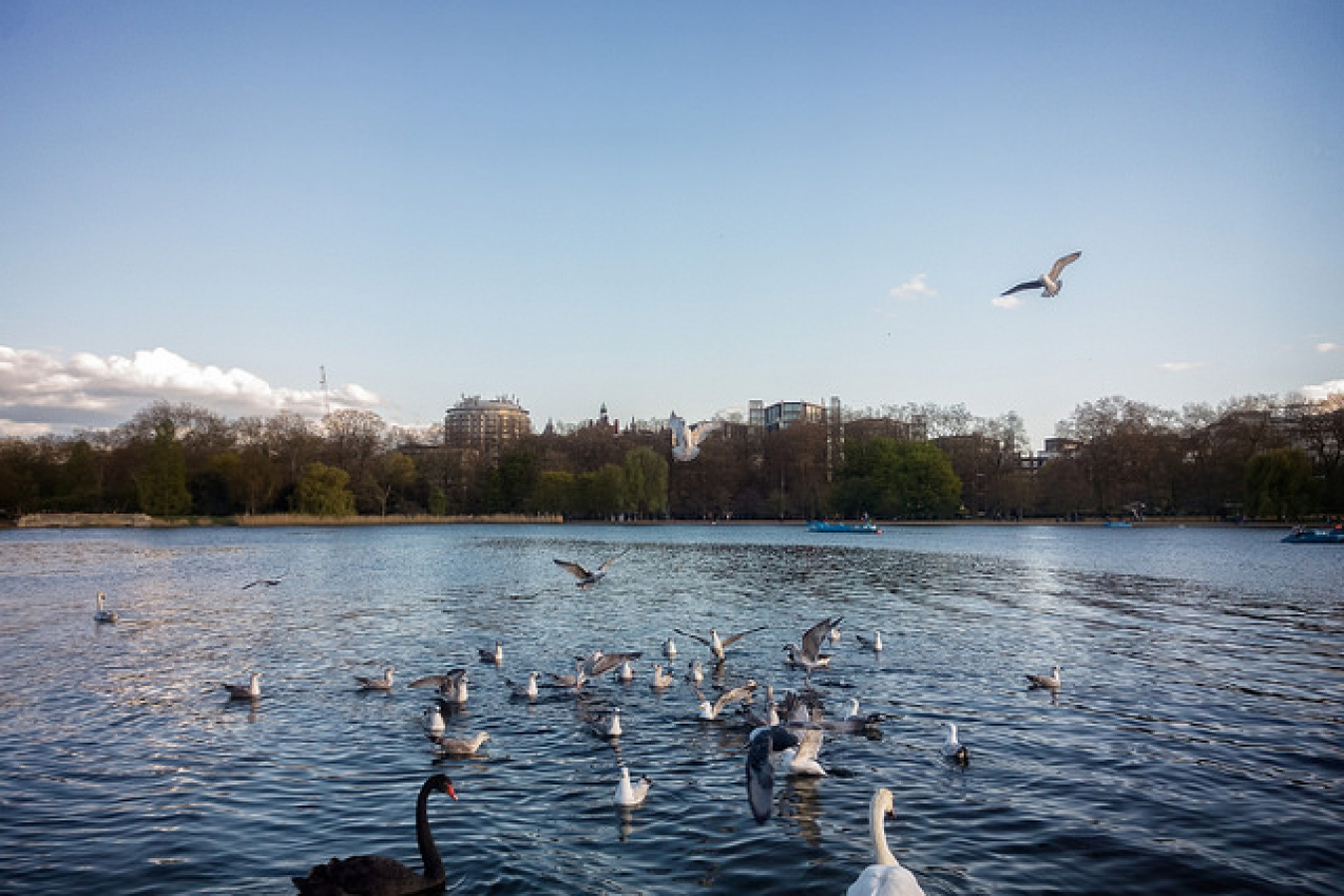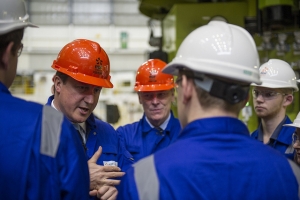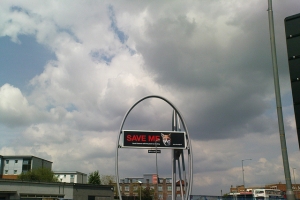Support migrant centric journalism today and donate

According to the Daily Telegraph, UK Prime Minister David Cameron is expected to significantly increase the number of non-EU immigrant skilled workers allowed to enter the United Kingdom each month.
Businesses have been among the groups criticizing the UK Government for imposing the cap, which they say prevents badly needed highly skilled immigrants from working in the UK.
The current limit of 2,600 skilled worker immigrants from outside the EU is likely to be increased which will benefit both Tier 1 and Tier 2 visa applicants. By the tenth day of November all visas were used up for the UK's highly popular Tier 1 (General) Visa, a points based immigration visa aimed at highly skilled workers. The Tier 1 visa is so popular because you do not need a job offer to come under the Tier 1 visa and you can work for any employer.
The UK Government is expected to increase the immigration cap next year to more than 4,000 per month; UK businesses have said that they need more immigrants with the right skills to fill labour shortages.
The current cap is a temporary arrangement until a permanent cap is introduced next year. Details on the permanent cap are expected to be announced later this month.
This week, the Migration Advisory Committee is expected to publish its recommendations for the level at which the permanent cap should be set. A number of scenarios will be put forward, ranging from a liberal immigration cap to a more hardline immigration cap.
It is expected that the Government will reject the more hard-line immigration cap proposals from the Migration Advisory Committee. However this is not certain. If you meet the current immigration requirements for say a Tier 1 visa or Tier 2 visa it may be best to apply sooner rather than later.
If you apply in the future for immigration to the UK it may also be more difficult to gain permanent residence. If you apply now you will hopefully come under the current immigration rules for gaining permanent residence (indefinite leave to remain) instead of stricter rules in future.





















